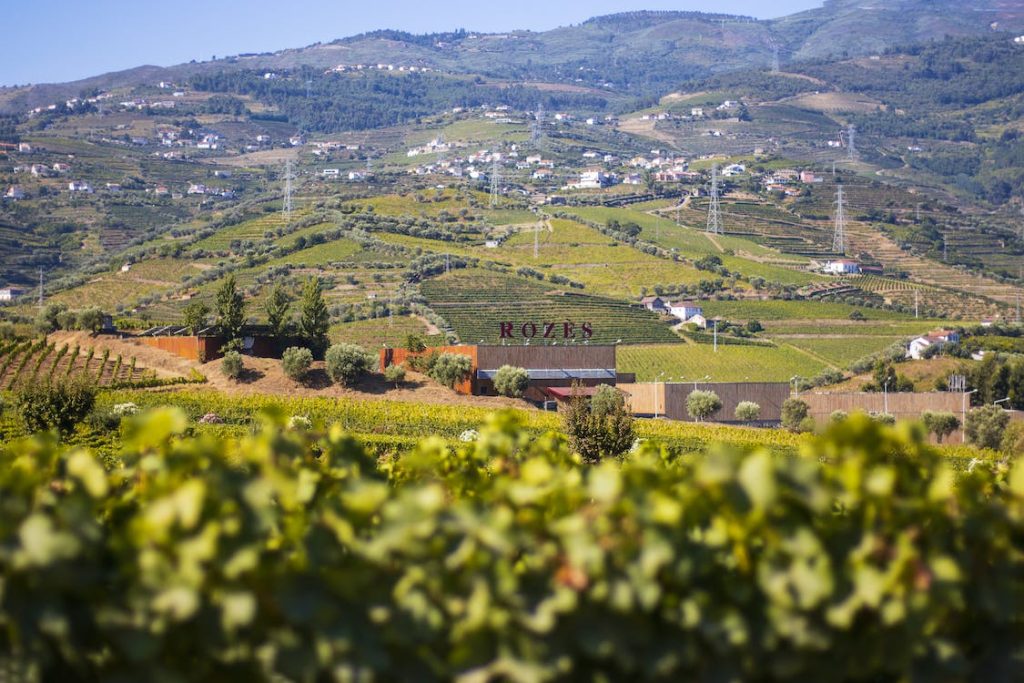Collaboration is key to global progress, and blockchain’s transformative potential emerges as a catalyst for critical objectives like ending poverty and fostering inclusive economic growth, aligning with the United Nations’ Sustainable Development Goals (SDGs). Introduced in 2015, these 17 goals span vital areas, from poverty alleviation to climate action, aiming for a more equitable world by 2030. As blockchain integrates across industries, its role in agriculture emerges as a powerful tool to advance UN SDGs, revolutionizing sustainable development.
Blockchain’s Potential in Advancing UN SDGs
Blockchain’s expanding integration, notably within the agricultural landscape, holds significant promise for companies eager to drive the UN’s noble aspirations. This technology’s capacity to accelerate critical objectives, such as eliminating poverty, guaranteeing food security, and cultivating sustainable agricultural practices, is undeniable. Decentralized infrastructures take center stage in overcoming the hurdles impeding the UN’s targets, ushering in transparency and accountability that traverse multifaceted domains. In the arena of poverty reduction and financial inclusivity, the inherent immutability of blockchain’s transaction records fosters a secure and efficient avenue for digital financial services, extending economic empowerment to individuals excluded from conventional banking systems. Concurrently, blockchain’s influence within supply chains ensures the sourcing of ethically produced goods, thereby nurturing a culture of sustainable consumption.
The seamless alignment of blockchain’s transformative potential with the United Nations’ agenda enhances its ability to tackle global challenges effectively. By promoting inclusiveness and sustainability, blockchain harmonizes perfectly with the diverse goals encompassed by the UN’s Sustainable Development Goals. As a technological catalyst for social and economic advancement, blockchain not only accelerates the realization of these objectives but also lays the foundation for a more just and sustainable global landscape.
Dimitra: Pioneering Sustainable Agriculture Through Blockchain
Dimitra stands as a pioneering force in the realm of sustainable agriculture, leveraging the power of blockchain and cutting-edge technologies to drive meaningful progress towards the United Nations’ Sustainable Development Goals. Through its innovative approach, Dimitra is not only transforming the agricultural landscape but also contributing to broader global sustainability efforts. With a remarkable presence spanning 18 countries, including significant markets such as Brazil, India, and Africa, Dimitra’s impact resonates on a global scale, addressing critical challenges such as deforestation, yield enhancement, and risk mitigation among farmers.
At the heart of Dimitra’s mission lies the utilization of blockchain and other technological advancements to provide actionable insights to farmers. This empowers them to optimize and automate their processes while promoting ethical and sustainable agricultural practices. By effectively bridging the gap between technology and agriculture, Dimitra’s platforms enable farmers to access essential services like financing, insurance, and value chain tracking, while also contributing to vital goals like poverty reduction, hunger eradication, and responsible consumption. Through its commitment to these principles, Dimitra showcases the potential of blockchain technology to drive positive change within the agricultural sector and beyond, ultimately contributing to a more equitable and resilient world.
Unveiling the Intersection of Blockchain and Agriculture for SDG Advancement
Dimitra’s pioneering integration of blockchain technology within the agricultural landscape serves as a promising gateway to advancing multiple United Nations Sustainable Development Goals (SDGs). By enhancing transparency and traceability along supply chains, the intersection of blockchain and agriculture directly bolsters SDG 1 (No Poverty) and SDG 2 (Zero Hunger) by ensuring equitable compensation and efficient resource allocation. Moreover, the endorsement of sustainable farming practices through blockchain’s innovative framework aligns harmoniously with the objectives of SDG 3 (Good Health and Wellbeing) and SDG 6 (Clean Water and Sanitation), promoting healthier ecosystems and safer agricultural practices.
Also Read: Why ChatGPT Won’t Replace Human Creativity
The transformative potential of blockchain extends further, addressing pivotal SDGs such as SDG 8 (Decent Work and Economic Growth) by fostering increased market access and financial inclusion for farmers. In parallel, blockchain’s capacity to promote sustainable consumption patterns and reduce carbon footprints resonates with the core ideals of SDG 12 (Responsible Consumption and Production) and SDG 13 (Climate Action). The symbiotic relationship between blockchain and agriculture encapsulates a potent catalyst for progress, offering a holistic approach that aligns with the multifaceted UN SDGs and paves the way for a more sustainable and equitable global future.
Verdict
The convergence of blockchain and agriculture embodies innovation and sustainability, aligning with the UN’s Sustainable Development Goals. Through pioneers like Dimitra, blockchain’s potential in agriculture extends beyond technology—it drives positive change. By utilizing blockchain’s transparency and efficiency, we can make strides in achieving the UN’s goals. Platforms like Dimitra reshape agriculture while contributing to inclusivity, environmental responsibility, and economic growth. The partnership of blockchain and agriculture lights a path toward a better world for all.
- How to support your child’s mental health: A parent’s guide - February 1, 2025
- Can data centers stay green? Balancing digital growth with clean energy - January 26, 2025
- Why Blockchain could be end of high fees, delays in global payments - January 17, 2025
- Abridge AI: Silent scribe transforming healthcare interactions - January 5, 2025
- What makes quantum AI a game-changer for technology - December 25, 2024
- How businesses must adapt to evolving cyber threats in 2025 - December 4, 2024
- How vaping stiffens blood vessels and strains lungs: Study - November 26, 2024
- OpenAI Codex or Google Codey? Finding the perfect AI for your code - November 18, 2024
- What Google’s Project Jarvis means for future of digital interaction - October 28, 2024
- 11 tips for creating engaging ad content - July 8, 2024



